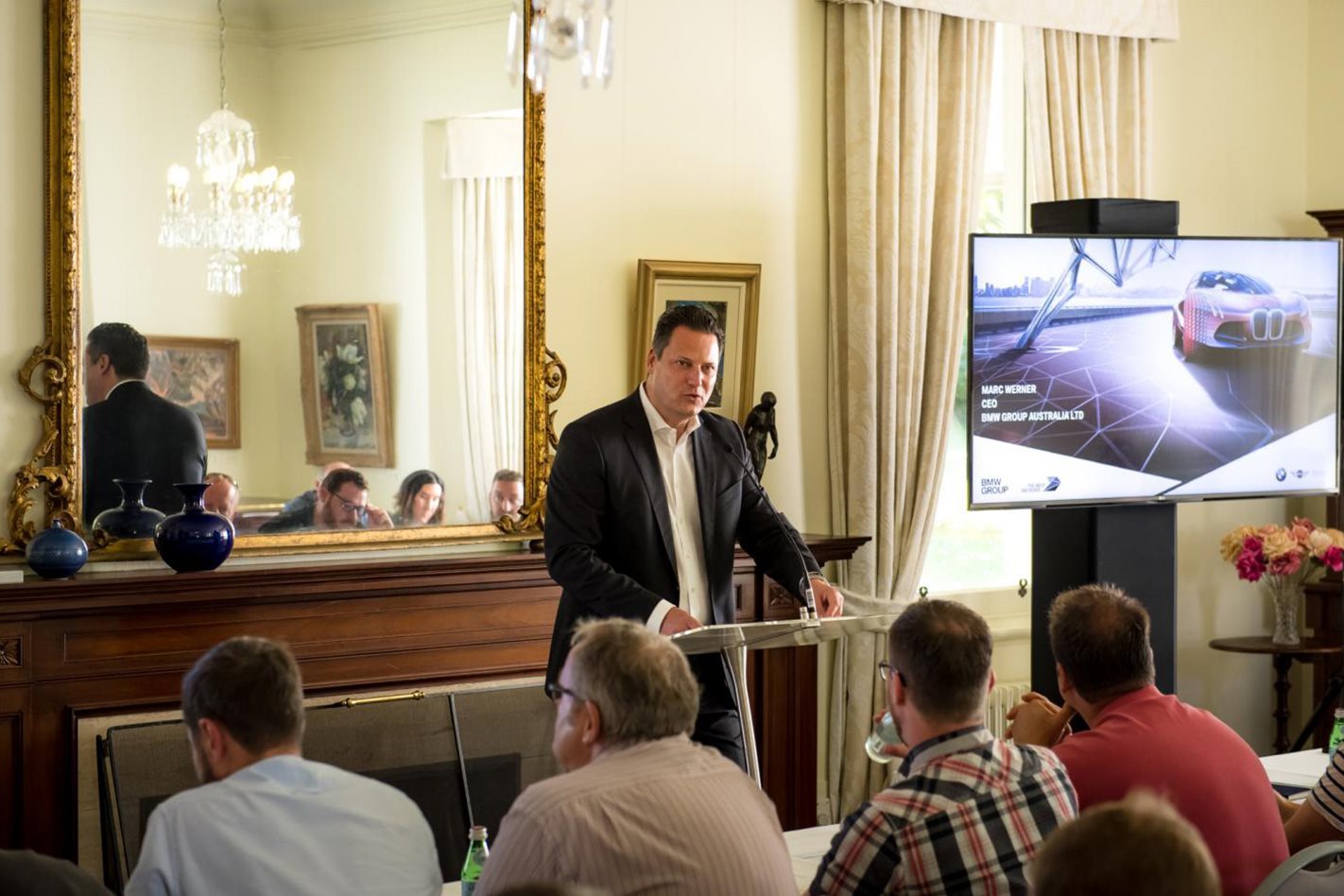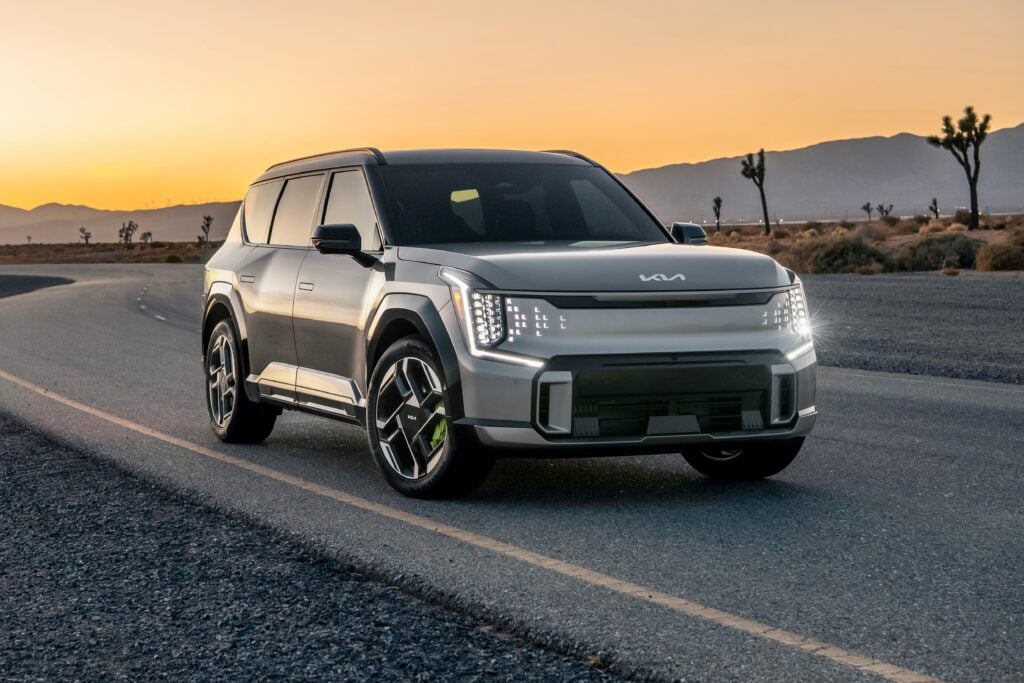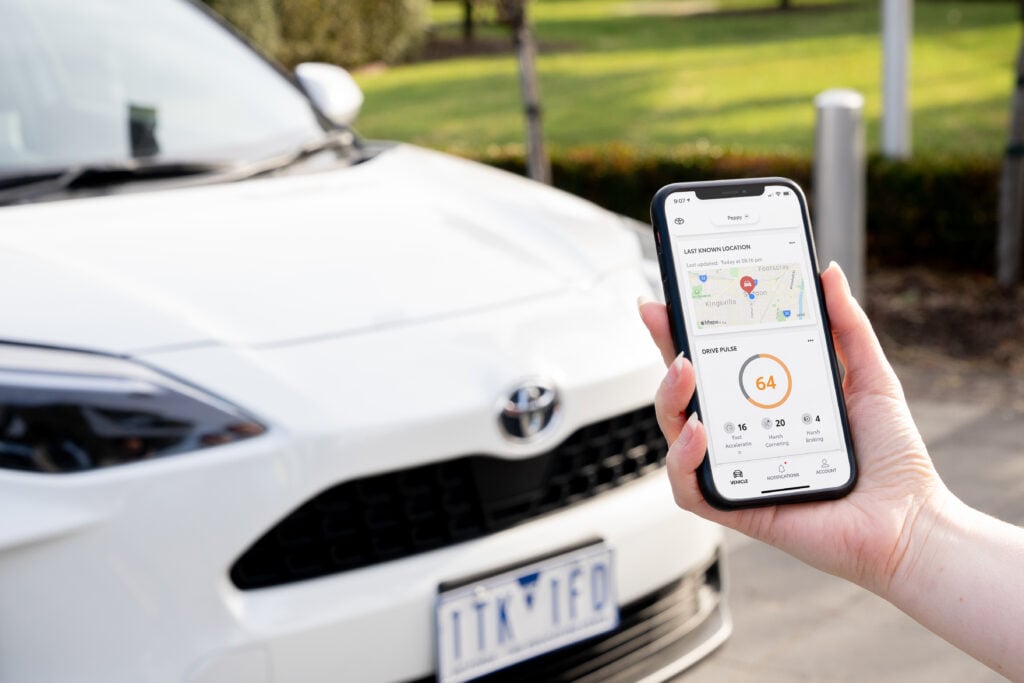BMW Australia CEO Marc Werner has slammed the Turnbull Government for failing to provide a framework for electric vehicle consumption in Australia.
Calling out the lack of incentives for EV ownership, including financial incentives and infrastructure, Werner said the “time for talking” was over.
“It’s time for some action. We need to break Australia’s embarrassing silence on … environmental topics and start doing something,” he told a group of motoring journalists.
“No more discussions. I call on Mr Malcolm Turnbull and the Federal Government to finally action robust policy to support the introduction of low emission vehicles to the Australian market. We all know how it could be done and we all know that it’s possible and the time has certainly come.
“It’s not just BMW that is saying this. The large majority of automotive brands are engaged in this pursuit and it’s time for the Australian government to act.”
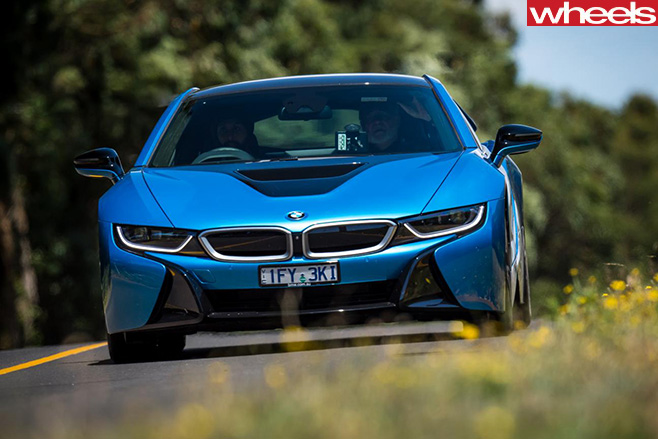
“But that needs to go hand in hand with some substantial investment on the infrastructure side which can only be provided through some government action”.
He pointed out countries such as Norway and New Zealand where EV uptake has improved since their introduced necessary financial incentives, such as tax and fee reductions for low emissions cars.
“We can look at New Zealand as a role model as far as electric mobility is concerned but I would love it to be the other way around to be honest.”
A spokesperson for the Department of the Environment and Energy told Wheels that the Government’s Ministerial Forum on Vehicle Emissions is exploring ways to address vehicle emissions and reduce vehicle running costs, such as the type of information provided to consumers when buying a car and support for emerging technologies.
“Currently, electric vehicles receive a concession on the Luxury Car Tax (LCT) through a higher threshold that applies to fuel efficient vehicles. The 2016-17 threshold for fuel efficient vehicles of $75,526 is $11,394 higher than for other vehicles. At an LCT rate of 33 per cent, this effectively translates to a tax saving of more than $3700.”
However, Werner said the LCT was now redundant because of the end of local car production and added that now was the time to overhaul vehicle taxes to provide further incentives.
“We would love to see a more intelligent way of incentivising low emissions vehicles.
“But it’s not only incentives that play a major role in order to really lift electric mobility, it’s also about the necessary infrastructure that needs to come with it.”
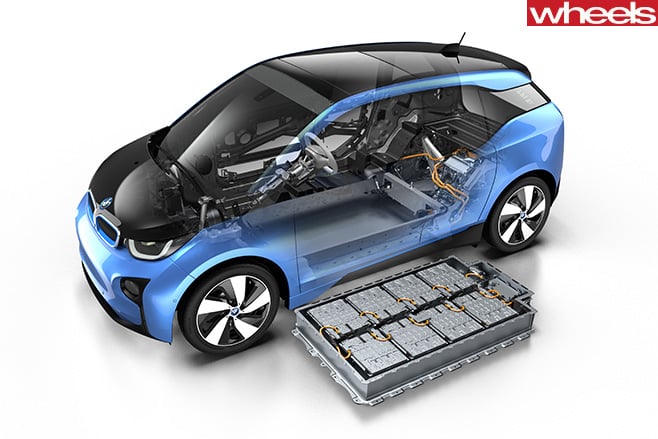
“We need to join forces with the other manufacturers and that needs to go hand-in-hand with some substantial investment on the infrastructure side which can only be provided through some government action.”
Werner said despite the lack of government action, BMW isn’t holding back with sales of its hybrid and electric vehicles, but won’t set targets in line with the company’s ambitious international forecasts until there is the necessary government framework.
“We have a really substantial model lineup as far as BMW i and BMW iPerformance vehicles are concerned so that we can take the next step.”
Wheels has contacted Environment Minister Josh Frydenberg’s office for a response.


